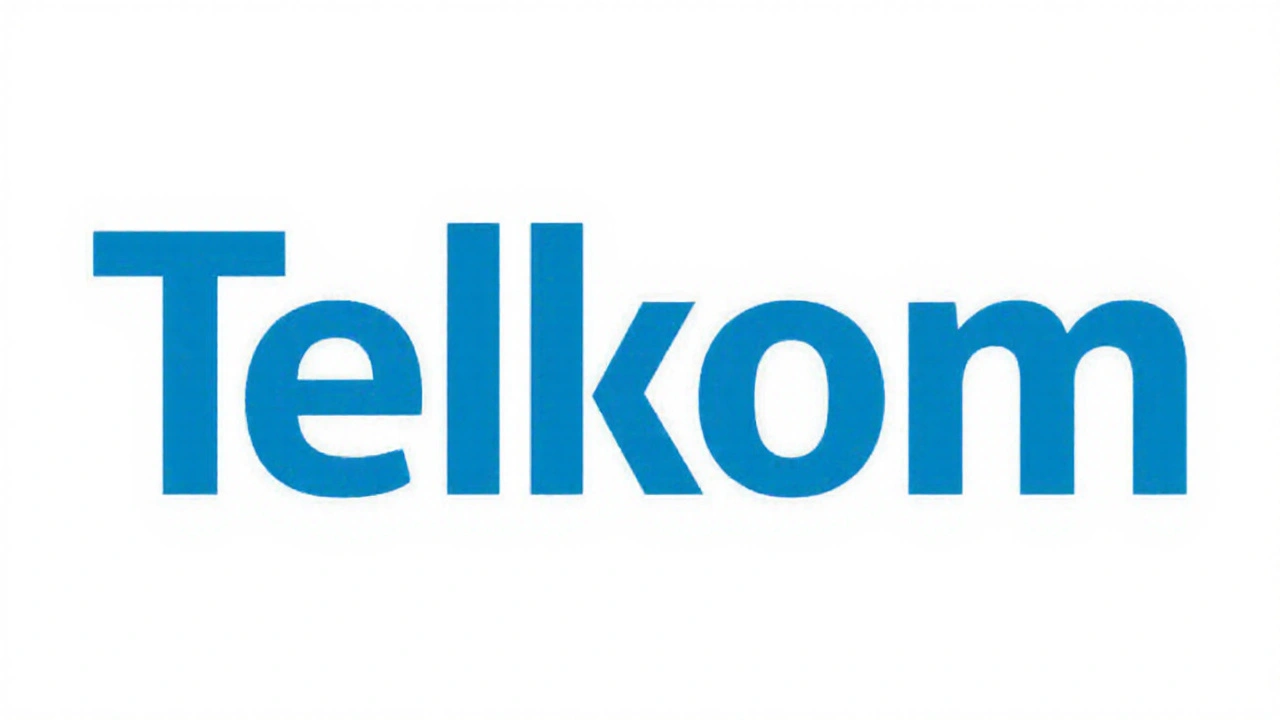If you rely on mobile data to stream, work, or keep in touch, the telecom landscape in South Africa matters a lot. Over the past month the sector has been buzzing with new tower builds, price‑cut announcements, and policy tweaks that affect every subscriber.
First up, the big players are racing to finish 5G roll‑outs in major metros. Vodacom just announced that its 5G network now covers 90 % of Johannesburg’s population, and MTN says Cape Town will see full 5G coverage by the end of the year. For most users this means faster downloads, smoother video calls, and lower latency for gaming.
At the same time, the Independent Communications Authority of South Africa (ICASA) released new guidelines on spectrum sharing. The move is designed to let smaller operators use under‑utilised frequencies, which could lower prices for consumers in the long run. A few regional ISPs have already started pilot projects, offering fixed‑wireless broadband at prices 15 % below the national average.
On the consumer front, you’ll notice a wave of data‑plan promotions. Telkom is bundling unlimited social media usage with its new “Home Connect” package, while Rain introduced a pay‑as‑you‑go model that caps monthly spend at R300. If you’re looking to cut your bill, compare the total cost of minutes, texts, and data before you sign up – the fine print often hides extra fees.
Regulation will keep shaping the market. ICASA is set to review the proposed “digital dividend” policy, which could free up more spectrum for 5G and future 6G trials. Expect public consultations in the next few weeks; participating can give you a voice on issues like network neutrality and rural rollout obligations.
Infrastructure investment is another hot topic. The government’s latest broadband broadband fund aims to connect 1 million households in underserved areas by 2026. Watch for announcements about new fiber‑to‑the‑home (FTTH) projects in the Eastern Cape and Limpopo – they could dramatically improve internet speeds in those regions.
Finally, keep an eye on emerging tech like satellite internet. Starlink has applied for a licence to operate in South Africa, promising high‑speed coverage even in the most remote spots. While the service is still in trial mode, early users report download speeds comparable to urban fiber lines.
In short, the telecom scene is evolving fast. Whether you’re a heavy streamer, a remote worker, or just someone who wants a reliable connection, staying informed helps you make the best choices. Bookmark this page and check back regularly for the latest updates on South Africa’s telecom world.
